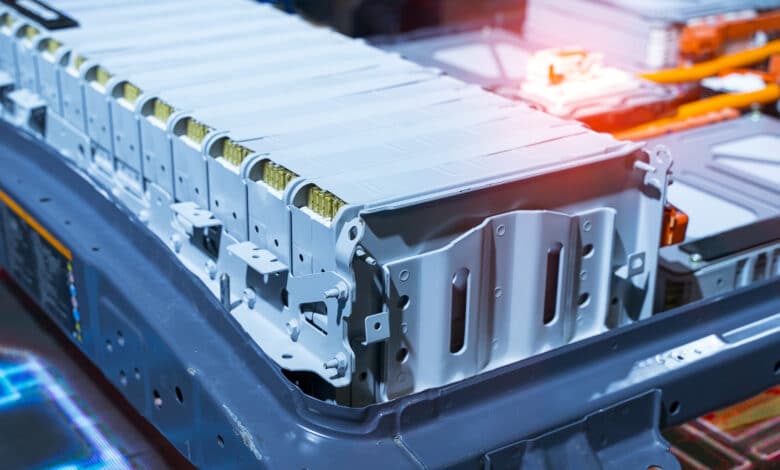
If electric cars are to have an Achilles’ heel at all, it is definitely the battery. While the performance of many models is already beyond reproach, there is still some catching up to do in terms of range and durability. Manufacturers regularly celebrate new breakthroughs in these disciplines. But this also has its downsides. After all, old batteries are not infrequently carelessly disposed of and replaced with new ones. The EU Parliament no longer wants to accept this. New rules are intended to ensure a rethink on batteries for electric cars and smartphones.
New rules have already been adopted
The current handling of batteries for smartphones and e-cars is a huge thorn in the side of the EU Parliament. Accordingly, a majority of MEPs have now agreed on new regulations. The focus is on making battery technology more sustainable and more powerful. To enforce this goal, meetings are now to be held as soon as possible between representatives of the EU and the governments of the individual member states.
Small batteries must be interchangeable
One goal that the EU Parliament has been emphasizing for years is the interchangeability of batteries. More and more smartphone manufacturers are relying on bonded batteries in favor of a slimmer design and better protection against dirt and water. These can only be removed and replaced with great effort. Just a few years ago, this was unthinkable. It was just as easy to remove batteries from old cell phones as it was from the first smartphone generations. The EU wants to restore this status by 2024. It is not only batteries in smartphones and other small electronic devices that are to be replaceable. Light means of transport” such as e-scooters, e-bikes and e-scooters should also be able to offer this.
Replaceability should by no means mean that only experts can remove the battery. Instead, it should also be possible for non-experts to remove the battery without any problems. The EU Parliament also wants to ensure greater transparency for consumers. This is to be achieved by labeling the battery with a kind of environmental protection sticker. This should show potential buyers how compatible the product is, similar to the so-called food traffic light. However, the focus is not on food health, but on the carbon footprint.
Not only environmental protection is important
Anyone talking about battery manufacturing inevitably has to keep human rights in mind as well. After all, the chemical “ingredients” in modern batteries can not only become a real problem for nature. The people who have to deal with the procurement of corresponding raw materials on a daily basis must also enjoy sufficient protection. Here, too, the EU Parliament would like to improve things considerably. This is the only way to ensure that people in third world countries no longer come into contact with toxic chemicals under inhumane conditions.
In this regard, the Parliament also clarifies once again that it is imperative to ensure that the ingredients of the battery fluid are better recycled. In particular, chemicals such as nickel, lithium, cobalt and lead should be reused wherever possible. To achieve this, the collection of old portable batteries must become mandatory to some extent. This is quite understandable. After all, this is the only way to prevent people from putting their health at risk in the long term in order to catch the valuable raw materials.
Backing from the EU Commission
In its plans for more sustainable battery technology, the EU Parliament is receiving backing from the EU Commission. The Commission had already proposed in 2020 that battery production and processing should focus more on the European market. The goal is to create a cycle that ensures a more sustainable and humane production of batteries. Accordingly, it is hardly surprising that the EU Commission has been stressing the importance of replaceable batteries for some time.
E-cars as a driver for sustainable batteries
The battery issue in the smartphone sector is not a new one, of course. With average citizens renewing or changing contracts not infrequently reaching for a new device every two years, e-waste is naturally on the rise. This includes environmentally harmful battery residues. But the action of the EU Parliament and Commission is now primarily due to the rapidly increasing number of new registrations for electric cars. The EU expects around 30 million e-cars to be on the roads of the European Union as early as 2030. However, thought must already be given to the appropriate recycling of the batteries used. Otherwise, the currently still extremely environmentally friendly car of the future will quickly become a real environmental sin.




No replies yet
Neue Antworten laden...
Neues Mitglied
Beteilige dich an der Diskussion in der Basic Tutorials Community →